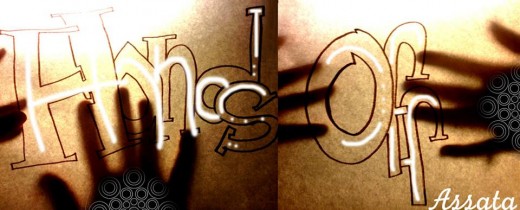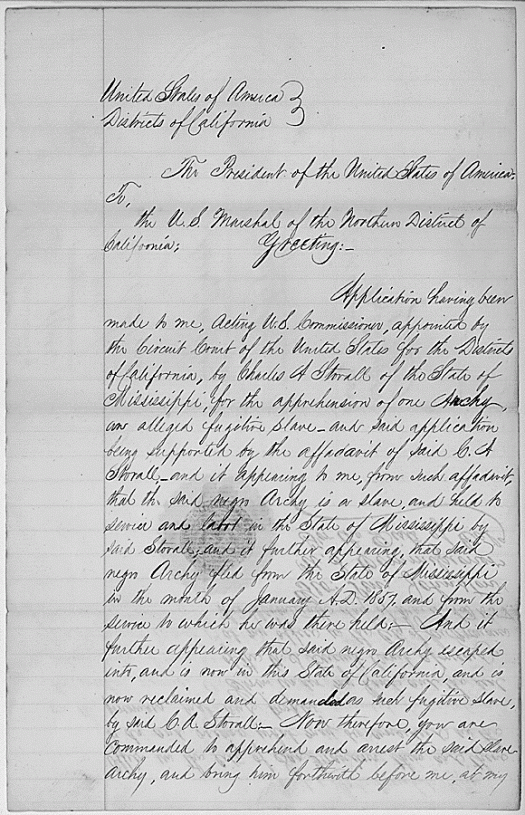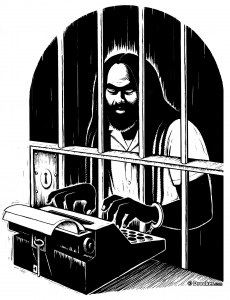Assata Shakur: Prisoner in the United States (An Interview – Part 1)
This is the testimony of Assata Shakur, formerly JoAnne Chesimard, who was arrested on the evening of May 2, 1973, along with Sundiata Acoli and Zayd Malik Shakur (who was killed by the New Jersey state police). Assata Shakur, who is now in exile, in Cuba, was a member of the Black Panther Party and of the Black Liberation Army. Here she gives testimony regarding her treatment after being captured by New Jersey state troopers. [Source: Still Black, Still Strong: Survivors of the War against Black Revolutionaries. Edited by Jim Fletcher, Tanaquil Jones and Sylvere Latringer (2003)]
Prisoner in the United States (This is only part of the interview, part 2 will be published on Monday)
Assata Shakur: On the night of May 2, I was shot twice by the New Jersey State Police. I was kept on the floor, kicked, pulled, dragged along by my hair. Finally, I was put into an ambulance, but the police would not let the ambulance leave. They kept asking the ambulance attendant: “Is she dead yet? Is she dead yet?” Finally, when it was clear that I wasn’t going to die in the next five or ten minutes, they took me to the hospital. The police were jumping on me, beating me, choking me, doing everything that they could possibly do as soon as the doctors or the nurses would go outside. I was half dead – hospital authorities had brought in a priest to give me the last rites – but the police would not stop torturing me. That went on until the next morning, when I was taken to the intensive care unit. They had to calm down a little while I was there. Then they moved me to another room, which was the Johnson Suite, and they closed off the exit from the hallway. So they could virtually control all traffic in and out. It was just open season on me for about three or four days. They’d turned up the air conditioning so that I was freezing to death. My lungs were threatening to collapse. They were doing everything so that I would get pneumonia.
Q: Did the medical staff participate or acquiesce to this treatment while you were under their care?
AS: Some of them did. The first night there was a doctor who was just as bad as the state troopers. He said: “Why did you shoot the trooper?” – He didn’t know if I had done it or not, but he just jumped on me. Some of the nurses were very supportive; they could really see the viciousness of the police. One of them gave me a call button, so that I could call whenever the state troopers came in my bed. That way I was able to avoid being further beaten up. They had my legs cuffed to the bed, even though I was half dead and my leg was swollen. Some of the nurses protested the way they had my foot cuffed. It was really bleeding and sticking in the flesh.




